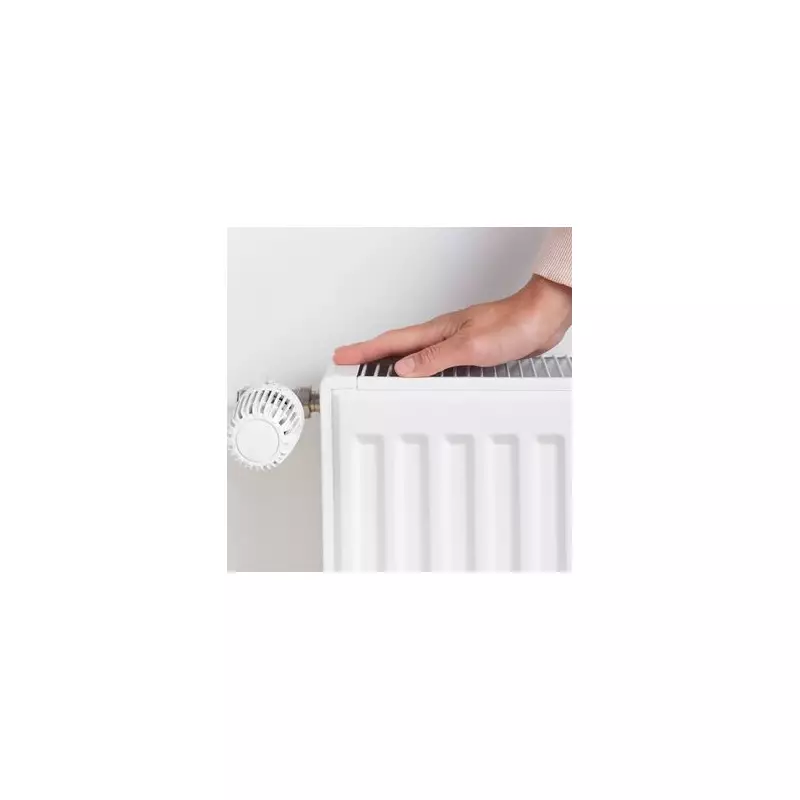
As winter tightens its grip and energy bills continue to soar, a common household dilemma returns: should you turn the heating off when you leave the house? While the instinctive answer for many cost-conscious Brits is a resounding 'yes', a professional plumber has stepped in to settle the debate with counter-intuitive advice that could save you money and prevent a domestic disaster.
The Expert Verdict on Your Thermostat
David Doran, a plumbing expert from Blackstone Plumbing and Heating Ltd., offers definitive guidance. Contrary to popular belief, he advises not to turn your heating off entirely if you're going out for the day or even away for a few days during winter.
Instead of switching it off, which can let your home's temperature plummet, he recommends keeping the heating on but at a lower setting. The ideal range for these periods is between 15°C and 17°C. This approach uses less energy than reheating a cold house from scratch and maintains a stable, background warmth.
Preventing a Costly Winter Catastrophe
The primary reason for this advice is to avoid the nightmare of frozen pipes, which can lead to them bursting and causing extensive, expensive water damage. David Doran suggests scheduling regular heating intervals throughout the day to keep pipes warm and reduce the risk of freezing.
For general use, even on bitterly cold days, he advises homeowners to maintain their thermostat between 18°C and 20°C. Keeping a consistent temperature at this level is crucial for reducing the risk of pipes freezing and subsequently bursting.
Essential Boiler Maintenance for Winter
Beyond daily heating habits, the plumber emphasised the importance of proactive boiler care. He strongly recommended having your boiler regularly serviced to ensure it operates optimally and provides steady heat throughout your home.
A professional service can identify potential issues like leaks, blockages, and verify the safety of devices, helping to avert serious problems such as gas leaks or carbon monoxide poisoning. This not only enhances efficiency and helps save on energy bills but is also often a requirement for many warranties and insurance policies.
By adopting these strategies—keeping the heating on low when out, maintaining a consistent daytime temperature, and ensuring your boiler is serviced—you can navigate the winter months more safely and efficiently, potentially saving money while protecting your home from one of the season's most common and costly mishaps.




